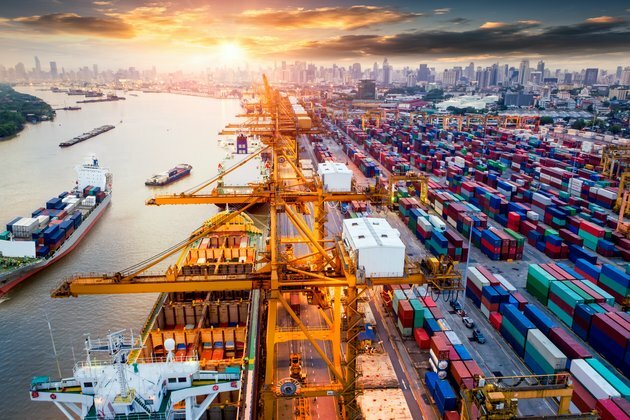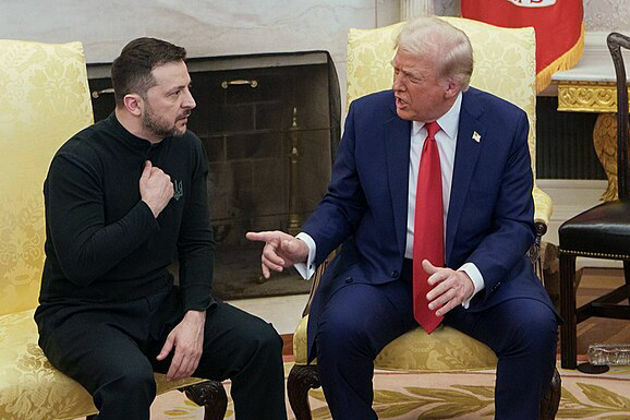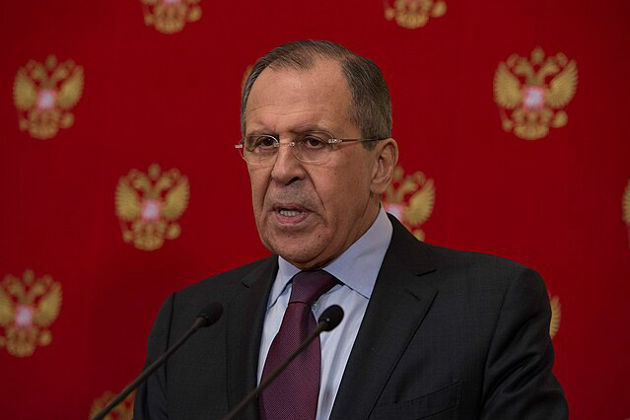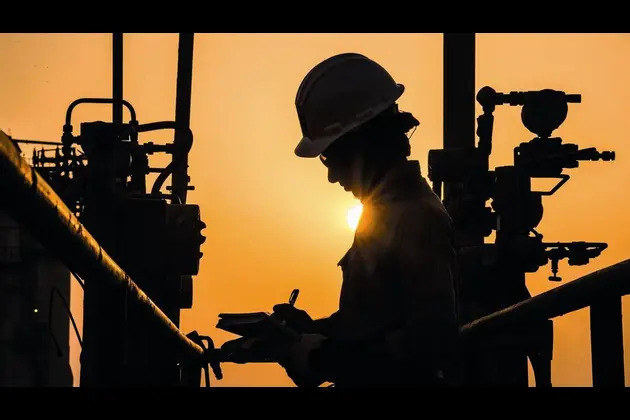What if carbon border taxes applied to all carbon - fossil fuels, too?
The Conversation
21 Sep 2022, 18:09 GMT+10

The European Union is embarking on an experiment that will expand its climate policies to imports for the first time. It's called a carbon border adjustment, and it aims to level the playing field for the EU's domestic producers by taxing energy-intensive imports like steel and cement that are high in greenhouse gas emissions but aren't already covered by climate policies in their home countries.
If the border adjustment works as planned, it could encourage the spread of climate policies around the world. But the EU plan, as well as most attempts to evaluate the impact of such policies, is missing an important source of cross-border carbon flows: trade in fossil fuels themselves.
As energy analysts, we decided to take a closer look at what including fossil fuels would mean.
In a newly released paper, we analyzed the impact and found that including fossil fuels in carbon border adjustments would significantly alter the balance of cross-border carbon flows.
For example, China is a major exporter of carbon-intensive manufactured goods, and its industries will face higher costs under the EU border adjustment if China doesn't set sufficient climate policies for those industries. But when fossil fuels are considered, China becomes a net carbon importer, so setting its own comprehensive border adjustment could be to its energy producers' benefit.
The U.S., on the other hand, could see harm to its domestic fuel producers if other countries imposed carbon border adjustments on fossil fuels. But the U.S. would still be a net carbon importer, and adding a border adjustment could help its domestic manufacturers.
What is a carbon border adjustment?
Carbon border adjustments are trade policies designed to avoid "carbon leakage" - the phenomenon in which manufacturers relocate their production to other countries to get around environmental regulations.
The idea is to impose a carbon "tax" on imports that is commensurate with the costs domestic companies face related to a country's climate policy. The carbon border adjustment is imposed on imports from countries that do not have similar climate policies. In addition, countries can give rebates to exports to ensure domestic manufacturers remain competitive in the global market.
This is all still in the future. The EU plan phases in starting in 2023 but currently isn't scheduled to fully go into effect until 2026. However, other countries are closely watching as they consider their own policies, including some members of the U.S. Congress who are considering carbon border adjustment legislation.
Capturing all cross-border carbon flows
One issue is that current discussions of carbon border taxes focus on "embodied" carbon - the carbon associated with the production of a good. For example, the EU proposal covers cement, aluminum, fertilizers, power generation, iron and steel.
But a comprehensive border adjustment, in theory, should seek to address all cross-border carbon flows. All the major analyses to date, however, leave out the carbon content of fossil fuels trade, which we refer to as "explicit" carbon.
In our analysis, we show that when only manufactured goods are considered, the U.S. and EU are portrayed as carbon importers because of their "embodied" carbon balance - they import a lot of high-carbon manufactured goods - while China is portrayed as a carbon exporter. That changes when fossil fuels are included.
The impact of including fossil fuels
By assessing the impact of a carbon border adjustment based only on embodied carbon flows, those involving manufactured goods, policymakers are missing a significant part of total carbon traded across their borders - in many cases, the largest part.
In the EU, our findings largely reinforce the current motivation behind a carbon border adjustment, since the bloc is an importer of both explicit carbon and embodied carbon.
For the U.S., however, the results are mixed. A carbon border adjustment could protect domestic manufacturers but harm the international competitiveness of domestic fossil fuels, and at a time when Russia's invasion of Ukraine is placing renewed importance on the U.S. as a global energy supplier.
The Chinese economy, as an exporter of embodied carbon in manufactured goods, would suffer if its trading partners imposed a carbon border adjustment on China's products. On the other hand, a Chinese domestic border adjustment could benefit Chinese domestic energy producers at the expense of foreign competitors who fail to adopt similar policies.
Interestingly, our analysis suggests that, by including explicit carbon flows, the U.S., EU and China are all net importers of carbon. All three key players could be on the same side of the discussion, which could improve the prospects for future climate negotiations - if all parties recognize their common interests.
Authors: Joonha Kim - Graduate fellow, Baker Institute, Rice University | Mark Finley - Fellow in Energy and Global Oil, Baker Institute for Public Policy, Rice University 
 Share
Share
 Tweet
Tweet
 Share
Share
 Flip
Flip
 Email
Email
Watch latest videos
Subscribe and Follow
Get a daily dose of Europe Sun news through our daily email, its complimentary and keeps you fully up to date with world and business news as well.
News RELEASES
Publish news of your business, community or sports group, personnel appointments, major event and more by submitting a news release to Europe Sun.
More InformationInternational
SectionGas station blast injures 40 in Rome, kids narrowly escape
ROME, Italy: Quick thinking by emergency responders helped prevent greater devastation after a gas station explosion in southeastern...
Weapons pause by Trump signals shift away from foreign wars
WASHINGTON, D.C.: President Donald Trump is drawing praise from his core supporters after halting key arms shipments to Ukraine, a...
Moscow removes Taliban from banned list, grants official status
MOSCOW, Russia: This week, Russia became the first country to officially recognize the Taliban as the government of Afghanistan since...
Netanyahu vows 'No Hamas' in postwar Gaza amid peace talks
CAIRO, Egypt: This week, both Hamas and Israel shared their views ahead of expected peace talks about a new U.S.-backed ceasefire plan....
US sends message by publicizing visa ban on UK punk-rap band
WASHINGTON, D.C.: The Trump administration has made public a visa decision that would usually be kept private. It did this to send...
Tragedy in Spain: Diogo Jota and his brother die in car accident
MADRID, Spain: Liverpool footballer Diogo Jota and his younger brother, André Silva, have died in a car accident in Spain. Spanish...
Business
SectionSaudi Aramco plans asset sales to raise billions, say sources
DUBAI, U.A.E.: Saudi Aramco is exploring asset sales as part of a broader push to unlock capital, with gas-fired power plants among...
Russia among 4 systemic risk countries for Italian banks
MILAN, Italy: Italian regulators have flagged four non-EU countries—including Russia—as carrying systemic financial risk for domestic...
US debt limit raised, but spending bill fuels fiscal concerns
NEW YORK CITY, New York: With just weeks to spare before a potential government default, U.S. lawmakers passed a sweeping tax and spending...
Shein hit with 40 million euro fine in France over deceptive discounts
PARIS, France: Fast-fashion giant Shein has been fined 40 million euros by France's antitrust authority over deceptive discount practices...
Meta hires SSI CEO Gross as AI race intensifies among tech giants
PALO ALTO/TEL AVIV: The battle for top AI talent has claimed another high-profile casualty—this time at Safe Superintelligence (SSI),...
Engine defect prompts Nissan to recall over 443,000 vehicles
FRANKLIN, Tennessee: Hundreds of thousands of Nissan and Infiniti vehicles are being recalled across the United States due to a potential...













